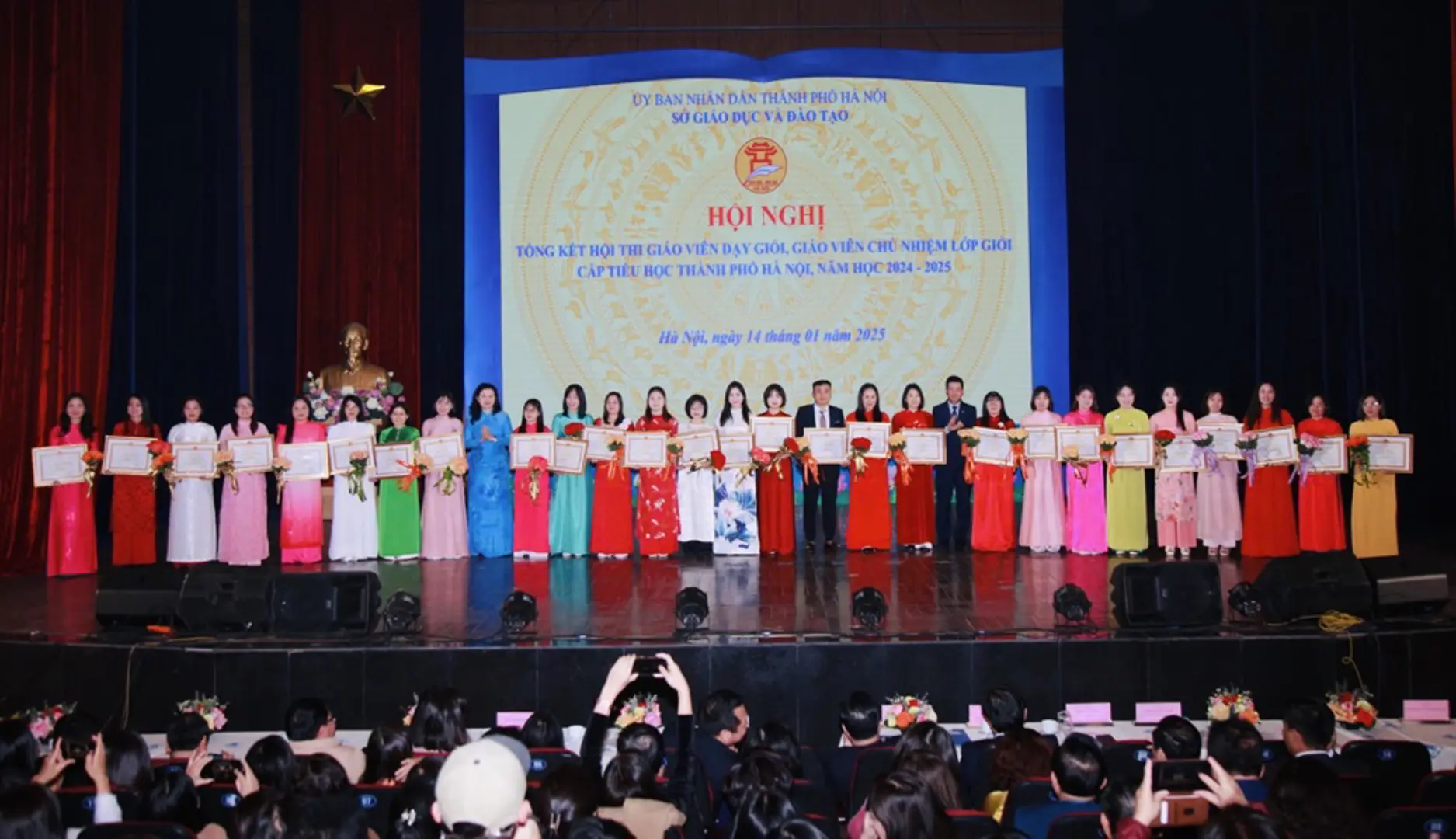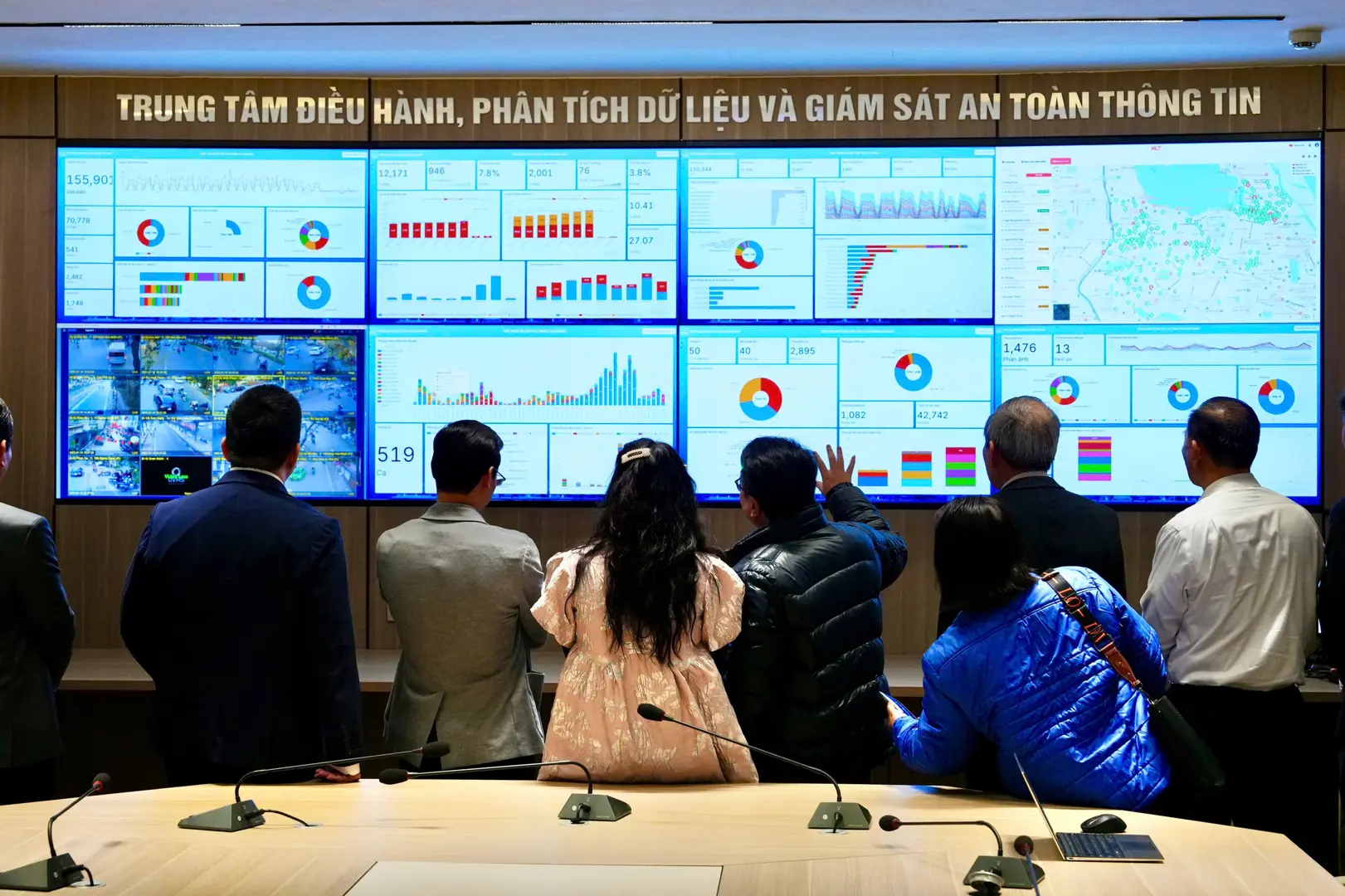Friday, 08:26 09/08/2019
UNCLOS – overarching universal legal framework must not be violated
Any agreements between two or more state parties of UNCLOS on the issues provided in UNCLOS must be compatible with UNCLOS.
The 1982 United Nations Convention on the Law of the Sea (UNCLOS) – a multilateral treaty is the second most important legal instrument established after the World War II, only after the Charter of United Nations.
UNCLOS was adopted at the United Nations 3rd Conference on the Law of the Sea and opened for signatures on December 10, 1982, entered into force on November 16, 1994.
In the Preamble of UNCLOS, the State Parties affirms their “desire to settle […] all issues relating to the law of the sea” and establish “a legal order for the seas and oceans”.
Prompted by such desire, with 320 Articles and 9 Annexes, UNCLOS provides in a clear and comprehensive manner the legal status of all maritime zones under or beyond national jurisdiction, rights and obligations of every State including coastal, landlocked or geographically disadvantaged States in the use, exploitation and management of the seas and oceans and marine resources.
UNCLOS also sets out principles and provisions on navigation and aviation; conservation and management of marine resources including living and non-living resources; protection and preservation of marine environment, marine scientific research, maritime security; dispute settlement and cooperation among State Parties.
The annual UN General Assembly Resolution on Oceans and Law of the sea affirms that “The Convention sets out the legal framework within which all activities in the oceans and seas must be carried out and is of strategic importance as the basis for national, regional and global action and cooperation in the marine sector, and that its integrity needs to be maintained”.
The Preamble of UNCLOS affirms itself that UNCLOS settles all issues relating to the law of the sea. And that “matters not regulated by this Convention continue to be governed by the rules and principles of general international law”.
The role of UNCLOS
As an overarching universal legal framework, the role of UNCLOS is also affirmed in Articles 293 and 311 in the relation between UNCLOS and other sources of international law including conventions, international agreements and customary international law.
States emphasized in UNCLOS that any agreements between two or more state parties of UNCLOS on the issues provided in UNCLOS must be compatible with UNCLOS.
“The Convention shall not alter the rights and obligations of State Parties which arise from other agreement compatible with this Convention” (Article 311.2); agreement modifying or suspending the operation of provisions of this Convention may be concluded provided that such agreement do not affect “the effective execution of the object and purpose of this Convention”, “the application of the basic principles embodied herein” and “the enjoyment of other States Parties of their rights or the performance of their obligations under UNCLOS” (Article 311.3); agreement expressly permitted and preserved by other articles of this Convention are not affected (Article 311.5).
Regarding the relations between UNCLOS and other sources of international law, such as customary law, only rights and obligations arising from rules of international law compatible with UNCLOS are recognized and applied by competent courts and arbitral tribunals under Part XV of UNCLOS (Article 293.1).
In a recent case, an arbitral tribunal established under UNCLOS Annex VII considered the relation between UNCLOS and other sources of international law, especially the validity of any rights established before UNCLOS and concluded as follow: (i) UNCLOS does not affect the rights and obligations established independently to UNCLOS and not incompatible with the Convention; (ii) UNCLOS prevails the rights and obligation established independently to UNCLOS and incompatible with the Convention.
This arbitral tribunal also emphasized that no provision in UNCLOS allows historic rights of one State to resources in the exclusive economic zones, continental shelf of other States as well as high seas and the international seabed Area.
UNCLOS also does not allow the preservation or protection of historic rights incompatible with UNCLOS, according to Dr. Le Thi Tuyet Mai, director of Department of International Law and Treaties under Vietnam’s Ministry of Foreign Affairs.
Dr. Le Thi Tuyet Mai is a member of the Executive Board of Vietnam Society of International Law, Chair of Vietnam Lawyers Association Branch at the Ministry of Foreign Affairs, Director General of Department of International Law and Treaties.

UNCLOS - a multilateral treaty second most important after the World War II
|
In the Preamble of UNCLOS, the State Parties affirms their “desire to settle […] all issues relating to the law of the sea” and establish “a legal order for the seas and oceans”.
Prompted by such desire, with 320 Articles and 9 Annexes, UNCLOS provides in a clear and comprehensive manner the legal status of all maritime zones under or beyond national jurisdiction, rights and obligations of every State including coastal, landlocked or geographically disadvantaged States in the use, exploitation and management of the seas and oceans and marine resources.
UNCLOS also sets out principles and provisions on navigation and aviation; conservation and management of marine resources including living and non-living resources; protection and preservation of marine environment, marine scientific research, maritime security; dispute settlement and cooperation among State Parties.
The annual UN General Assembly Resolution on Oceans and Law of the sea affirms that “The Convention sets out the legal framework within which all activities in the oceans and seas must be carried out and is of strategic importance as the basis for national, regional and global action and cooperation in the marine sector, and that its integrity needs to be maintained”.
The Preamble of UNCLOS affirms itself that UNCLOS settles all issues relating to the law of the sea. And that “matters not regulated by this Convention continue to be governed by the rules and principles of general international law”.
The role of UNCLOS
As an overarching universal legal framework, the role of UNCLOS is also affirmed in Articles 293 and 311 in the relation between UNCLOS and other sources of international law including conventions, international agreements and customary international law.
States emphasized in UNCLOS that any agreements between two or more state parties of UNCLOS on the issues provided in UNCLOS must be compatible with UNCLOS.
“The Convention shall not alter the rights and obligations of State Parties which arise from other agreement compatible with this Convention” (Article 311.2); agreement modifying or suspending the operation of provisions of this Convention may be concluded provided that such agreement do not affect “the effective execution of the object and purpose of this Convention”, “the application of the basic principles embodied herein” and “the enjoyment of other States Parties of their rights or the performance of their obligations under UNCLOS” (Article 311.3); agreement expressly permitted and preserved by other articles of this Convention are not affected (Article 311.5).
Regarding the relations between UNCLOS and other sources of international law, such as customary law, only rights and obligations arising from rules of international law compatible with UNCLOS are recognized and applied by competent courts and arbitral tribunals under Part XV of UNCLOS (Article 293.1).
In a recent case, an arbitral tribunal established under UNCLOS Annex VII considered the relation between UNCLOS and other sources of international law, especially the validity of any rights established before UNCLOS and concluded as follow: (i) UNCLOS does not affect the rights and obligations established independently to UNCLOS and not incompatible with the Convention; (ii) UNCLOS prevails the rights and obligation established independently to UNCLOS and incompatible with the Convention.
This arbitral tribunal also emphasized that no provision in UNCLOS allows historic rights of one State to resources in the exclusive economic zones, continental shelf of other States as well as high seas and the international seabed Area.
UNCLOS also does not allow the preservation or protection of historic rights incompatible with UNCLOS, according to Dr. Le Thi Tuyet Mai, director of Department of International Law and Treaties under Vietnam’s Ministry of Foreign Affairs.
Dr. Le Thi Tuyet Mai is a member of the Executive Board of Vietnam Society of International Law, Chair of Vietnam Lawyers Association Branch at the Ministry of Foreign Affairs, Director General of Department of International Law and Treaties.























